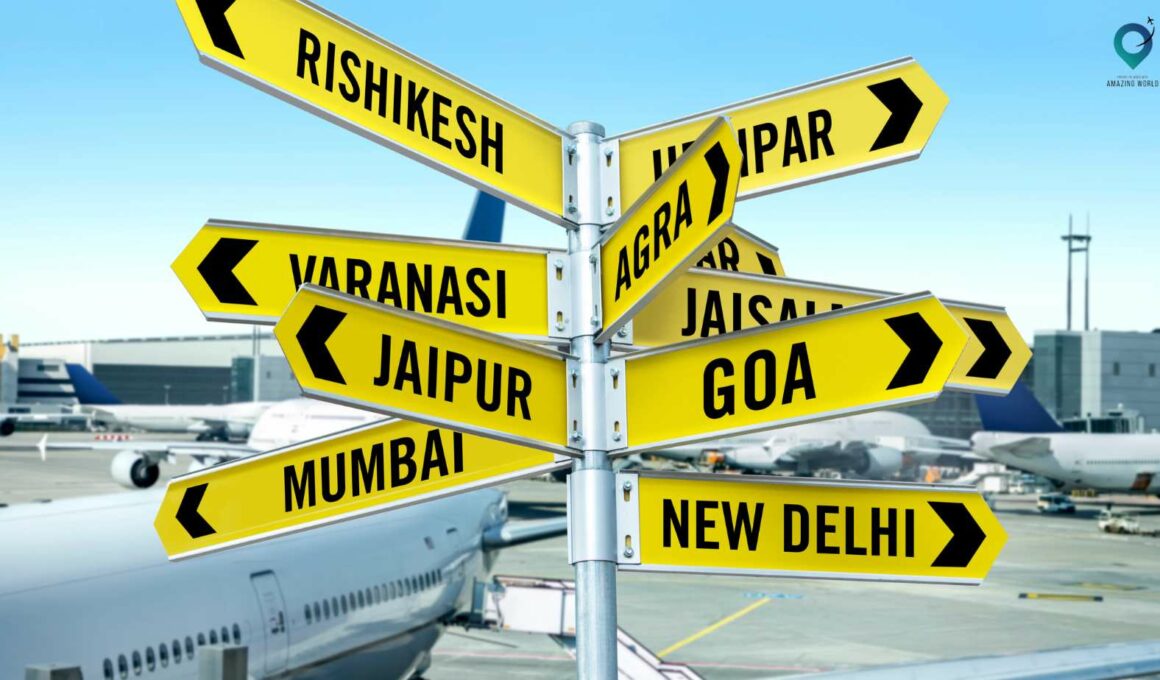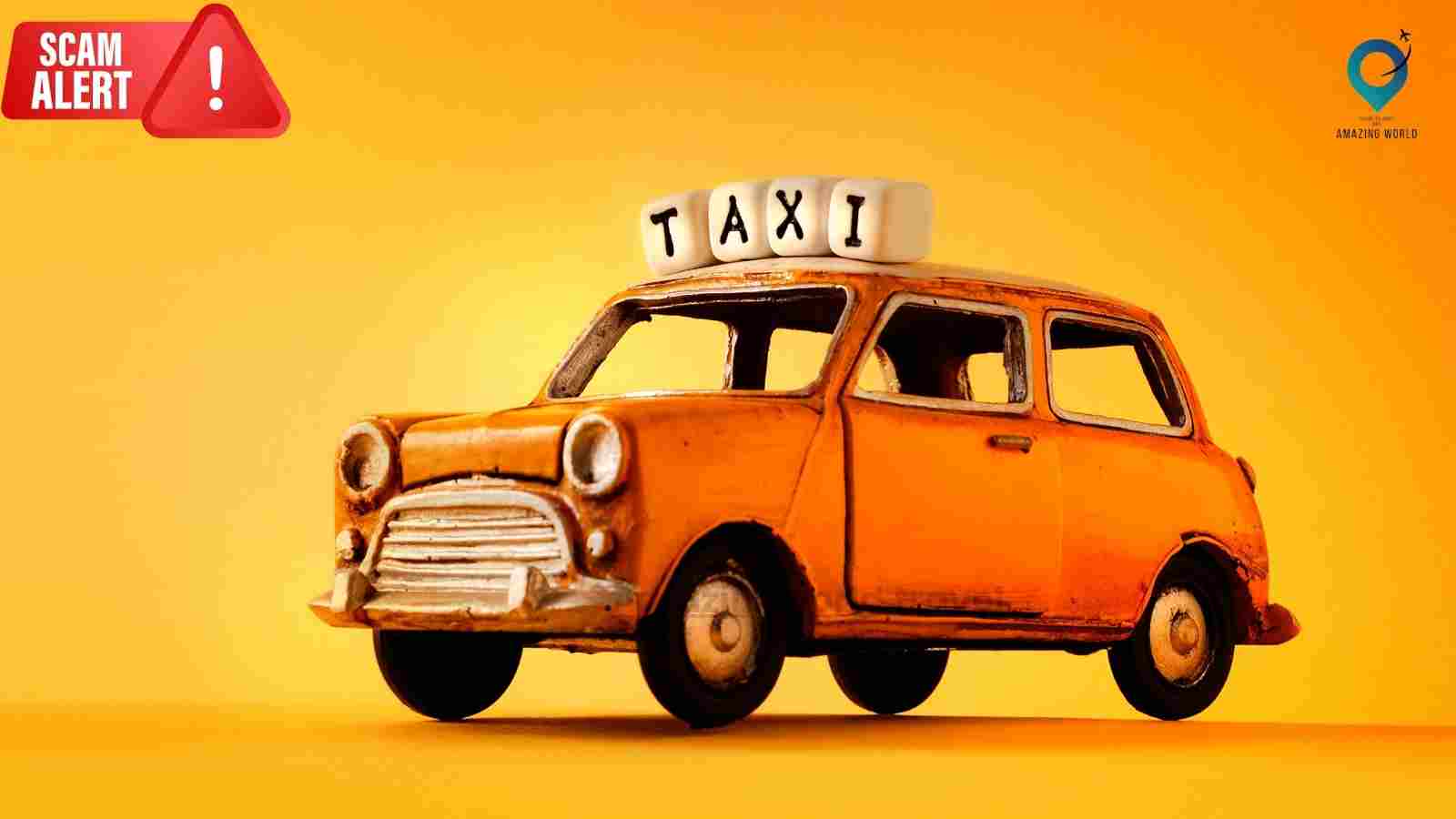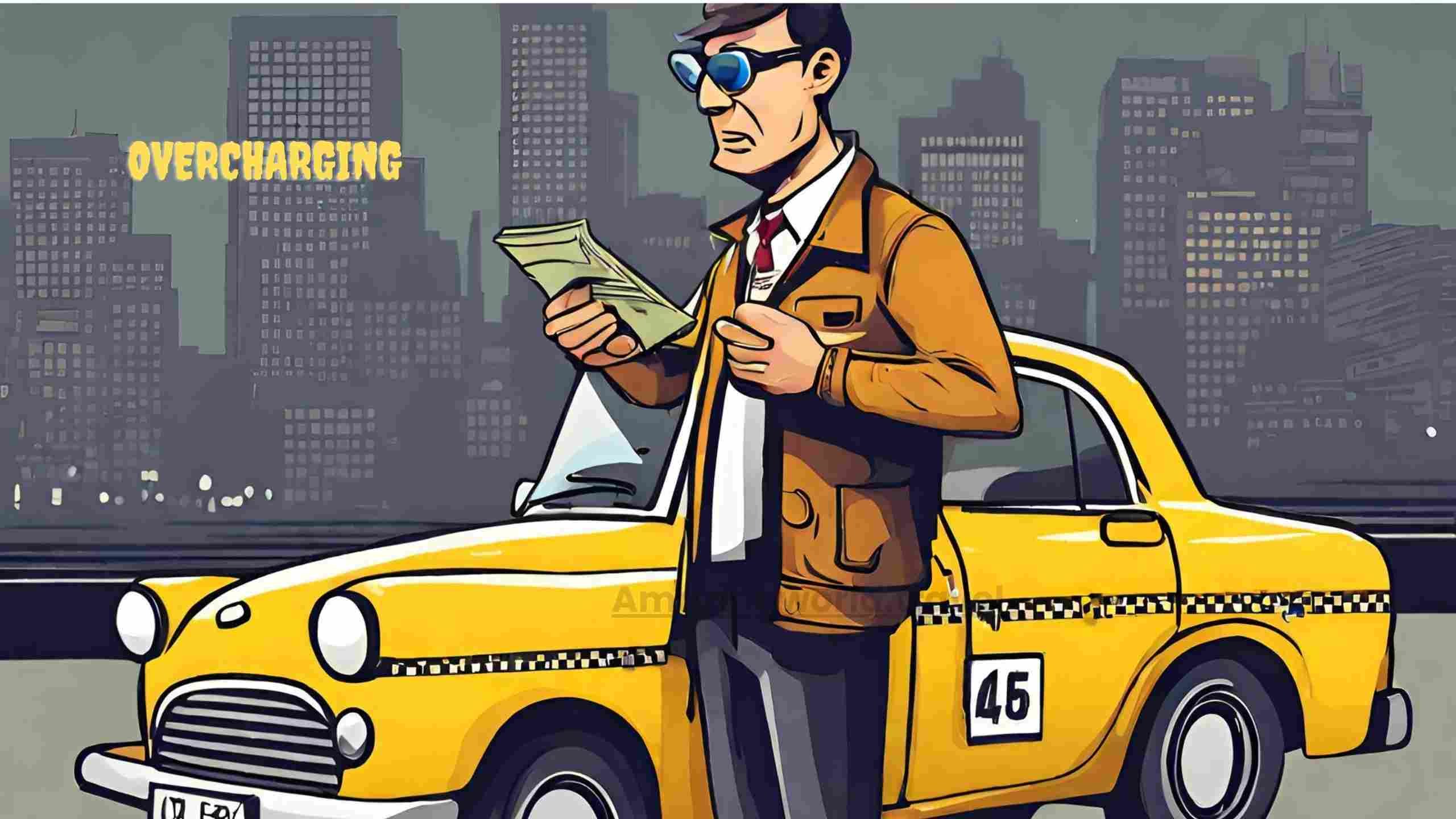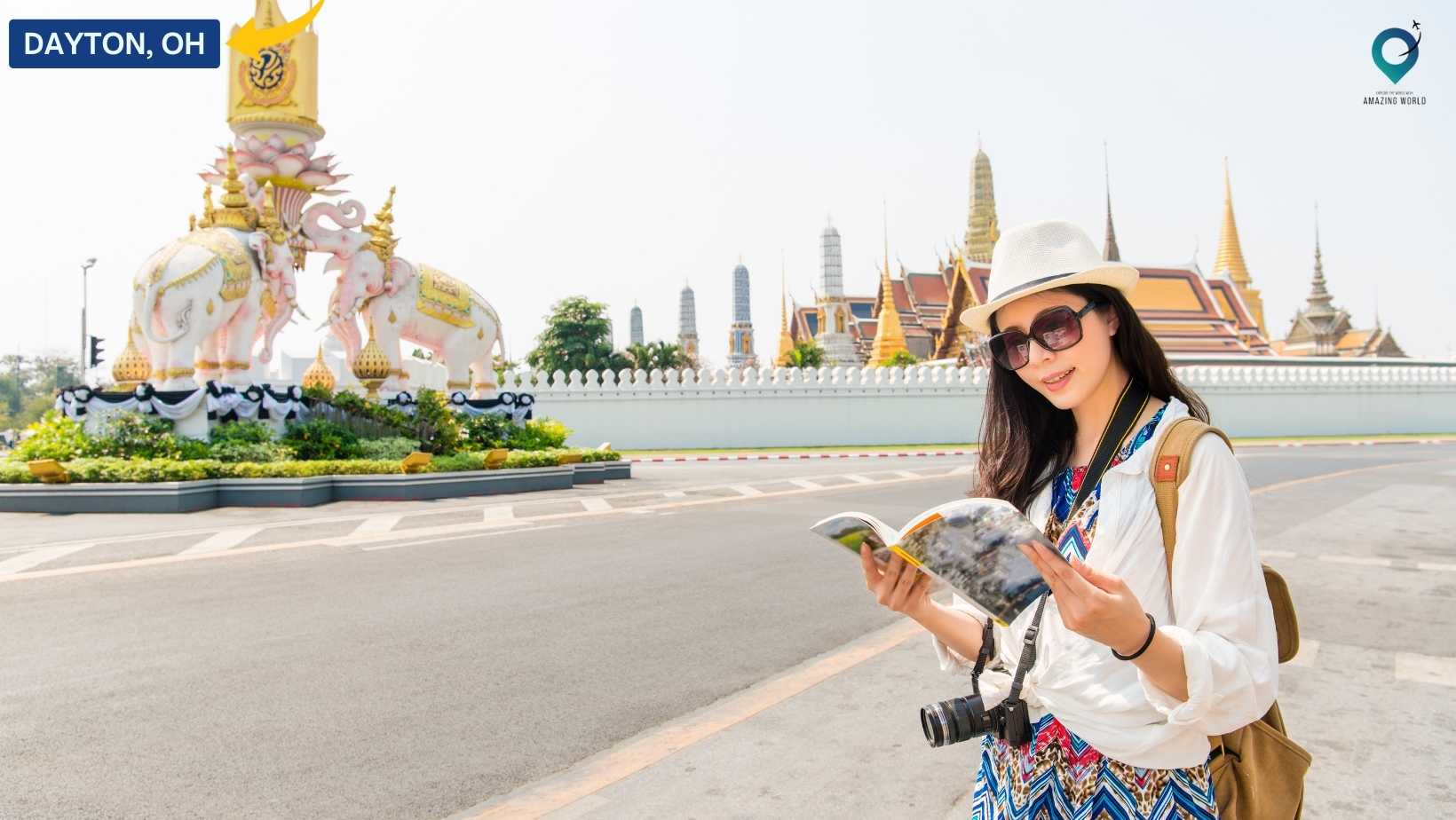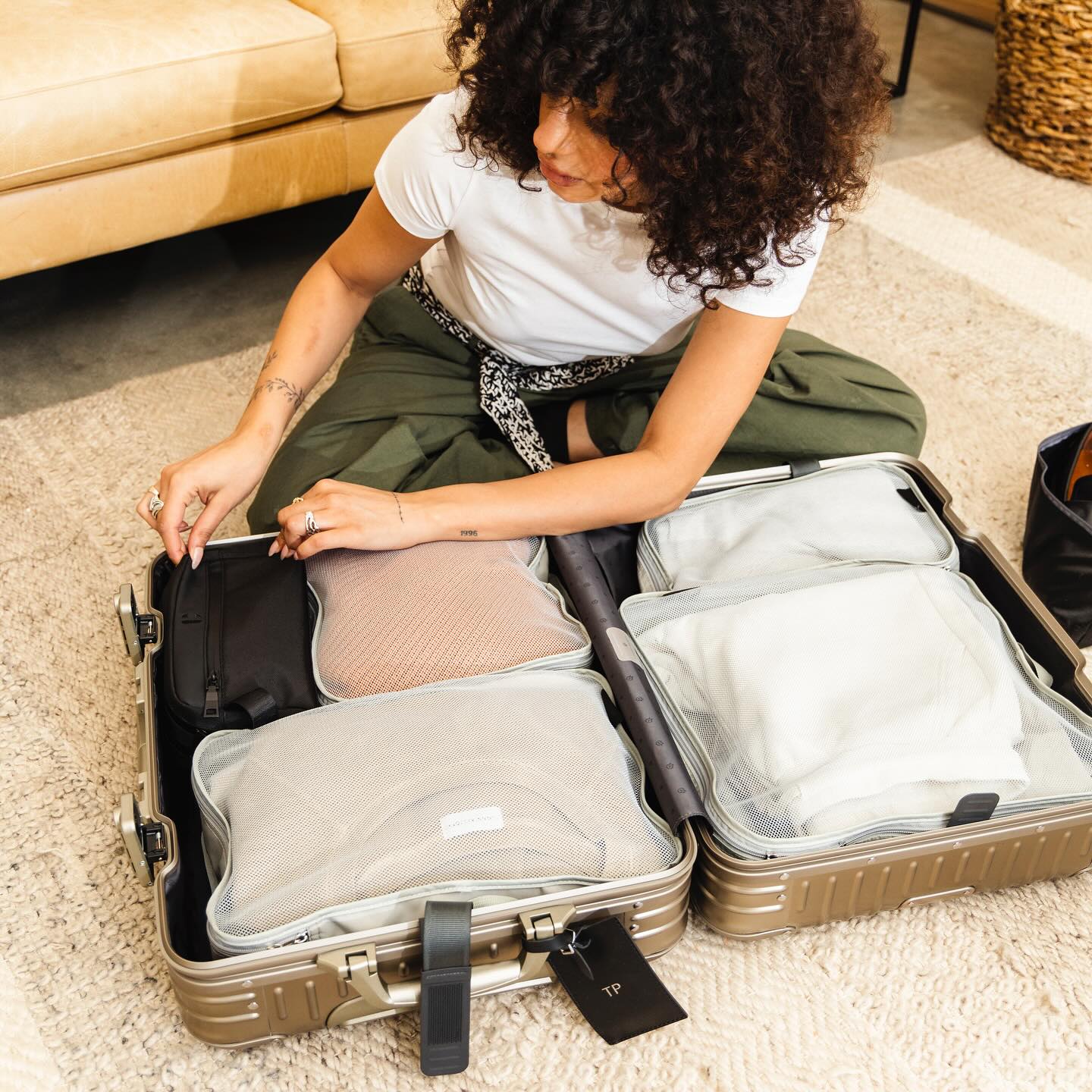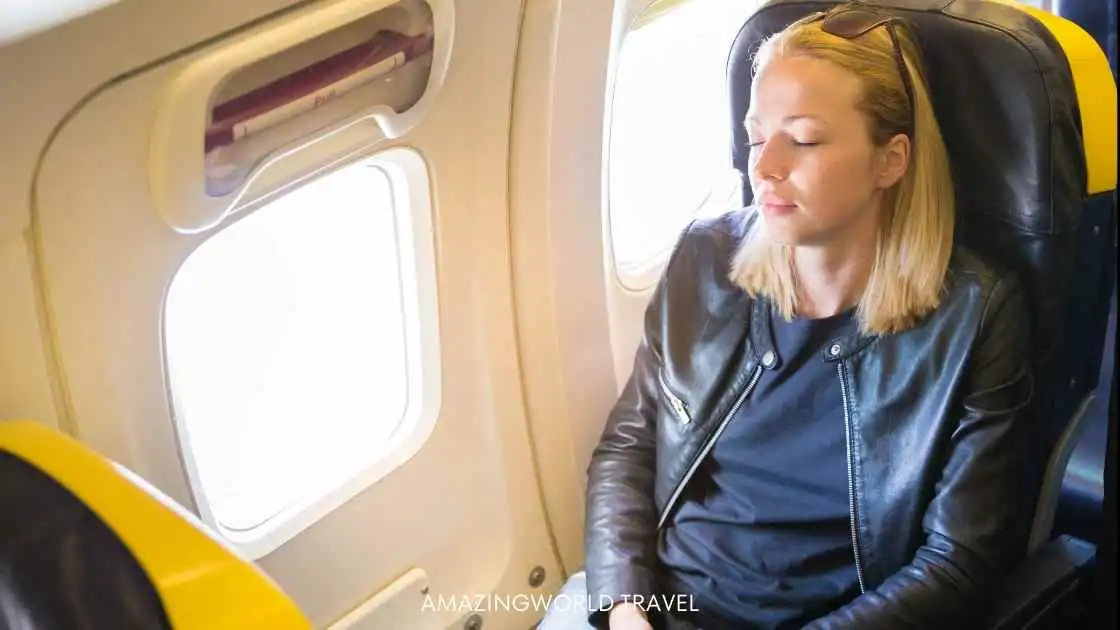10 Major Travel Scams in india to Avoid in 2025
When I first landed in India, I was full of excitement. The colors, the culture, the chaos — everything felt like an adventure waiting to happen. I had my itinerary packed with iconic places like the Taj Mahal, Jaipur’s palaces, and the spiritual ghats of Varanasi. But what I didn’t prepare for were the travel scams in India — the kind no guidebook talks about in detail.
It started with a taxi at the airport. The driver seemed friendly, but took me on a long detour and then demanded double the fare. A day later, a “tour guide” at a monument tried to charge me five times the regular rate — and he wasn’t even official. Another time, someone swapped my ₹500 note, claimed it was fake, and walked off with my money.
That’s when I realized: as a traveler, being aware of common tourist scams in India isn’t just helpful — it’s essential.
India is truly one of the most beautiful and enriching places I’ve visited. But to enjoy it fully, you need to stay alert and informed. In this guide, I’ll Walk you through the top 10 travel scams in India that I either faced myself or learned about from fellow travelers — and more importantly, I’ll show you how to avoid them in 2025.
Because no one should miss out on India’s magic just because of a few scams.
What are common tourist scams in India?
1. Taxi Scams in India
How They Work
I learned this one the hard way. After arriving at the airport in Delhi, I was exhausted and just wanted to get to my hotel. A man approached me offering a taxi — he looked legit. But halfway through the ride, I noticed he was taking strange backroads. By the time I reached the hotel, the fare was triple what I’d expected. Worse? He claimed I gave him a ₹100 note instead of ₹500 and refused to give the correct change.
This is one of the most common taxi travel scams in India. Some drivers purposely take longer routes, quote arbitrary fares, or pretend you didn’t give them the right amount. Others might say your hotel is closed and take you to a “friend’s” place that pays them commission.
– How to Avoid Taxi Scams in India





Also Check this post: – Taj Mahal Travel Scams & Tips
2. Counterfeit Money Scams in India
What Tourists Should Watch Out For
This one hit me when I thought I was being smart by using a big note to pay a street vendor in Jaipur. I handed him a ₹500 bill, and with a straight face, he handed it back saying, “Sir, fake note.” At first, I panicked — had I been carrying counterfeit money? Only later did I realize that many scammers keep fake notes ready and swap the real one you gave them — making you think you’re at fault.
This scam is particularly common at local markets, taxi rides, food stalls, or small shops where there’s no receipt or camera to prove what actually happened.
– Tips to Avoid Fake Currency Issues in India




Must Read:- Latest Tourist Scams in Kashmir You Must Know
3. Fake Donation Scams at Temples and Tourist Spots
– How They Exploit Tourists
During my visit to a well-known temple in Varanasi, I was approached by a man in religious attire holding a large donation book and asking for a “mandatory offering” of ₹1000 for temple maintenance. Being new to the culture and surroundings, I felt pressured and paid up — only to realize later that it was a fake register, and he wasn’t even affiliated with the temple.
This kind of scam thrives on your lack of familiarity and the emotional guilt of saying no in a sacred or historic place. Tourists are often targeted at famous temples, ghats, monuments, and religious events, where scammers blend in as volunteers or priests.
– How to Verify Legitimate Donations




4. Pickpocketing in Crowded Areas
– Common Tactics Used
While exploring Chandni Chowk in Delhi during peak hours, I was surrounded by a bustling crowd, colorful stalls, and the scent of street food. Amidst the chaos, a man accidentally bumped into me and dropped his bag. I bent down instinctively to help him. Within seconds, I realized my wallet was gone from my back pocket. I had just fallen for one of the oldest and most effective distraction tricks.
Pickpockets in India are highly skilled and usually work in teams. Common tactics include:
- Bumping into you intentionally to distract.
- Someone “accidentally” spilling something on you while another lifts your belongings.
- Creating a commotion or argument to divert your attention.
- Children begging while slyly reaching into your bags or pockets.
These scams are especially common at railway stations, markets, festivals, metro stations, and tourist hotspots.
– Prevention Tips





5. Fake Tour Guides at Monuments and Forts
– How to Identify Real Guides
When I visited the Red Fort in Delhi, a friendly man approached me saying he was a guide and could show me “hidden secrets” not in any book. He sounded convincing, but something felt off. I asked for his ID card — he didn’t have one. I quickly realized he was just pretending.
In many tourist places like forts, palaces, and historical spots, some people pretend to be guides. They approach tourists, offer cheap rates, and promise exciting stories. But often, they don’t know much or may even give you wrong information. Some might even overcharge or ask for more money later.
– Safer Alternatives




Check this out– Latest Tourist Scams in Varanasi You Must Know Before Visiting
6. Beggar Gangs and Child Exploitation Scams
– How It Works
While walking around tourist spots in cities like Mumbai, Jaipur, Varanasi, and even Goa, you’ll likely be approached by young children or women holding babies, asking for money. It might seem like an act of kindness to give them a few coins — but sadly, many of these are organized begging rackets.
In many cases, the children don’t keep the money. They are part of a larger network run by gang leaders who force them to beg. You’ll also notice that some of them wear fake bandages, carry borrowed infants, or repeat the same sad story to every tourist. These acts are designed to make you feel sympathy.
Giving money, unfortunately, encourages the system and keeps these children trapped.
– What to Do Instead of Giving Money




7. Fake Doctors and Medical Scams
– Dangers of Unlicensed Practitioners
Getting sick or needing medical help while traveling is stressful — and unfortunately, some scammers take advantage of this. In many cities across India, especially near railway stations, bus stands, and tourist hubs, you may find unqualified people pretending to be doctors.
These fake doctors often wear white coats, sit in small clinics with no proper setup, and promise quick cures. But in reality, they may give wrong medicines, expired drugs, or even injections that can harm you. In rural areas or roadside “medical shops,” the chances of falling into this trap are even higher.
Visiting such places puts your health at serious risk, and it can cost you a lot more later if things go wrong.
– How to Find Verified Medical Help




8. Flag Pin Scam by Street Vendors
– What Happens and Where
This scam usually happens near metro stations, tourist sites, and public bridges. You may see women or street vendors holding small Indian flag pins or stickers. They walk up to you, quickly pin a flag on your shirt — often without asking — and then demand a “donation” in return.
They might say it’s for a patriotic cause, a festival, or helping soldiers — but in reality, this is just a trick to get money. Some tourists feel pressured, especially when a small crowd forms or when the vendor becomes aggressive.
This can happen in cities like Mumbai, Jaipur, Varanasi, and Delhi, but it’s not limited to just one location — it’s common across many parts of India.
– How to Handle the Situation





9. Fake Police or Road Fee Scam
– When to Demand a Receipt
When you’re traveling in India — especially by taxi or auto from an airport, railway station, or even while entering a new city — you might suddenly be stopped by someone dressed like a police officer. They might say things like:
- “You need to pay a road entry fee here.”
- “There’s a special tax for out-of-state vehicles.”
- “Your driver has violated a rule; pay the fine to continue.”
In most cases, the person will act very confidently and seem official. But if they don’t give you a proper receipt, that’s a major warning sign. Many travelers, especially first-timers, believe them and end up paying ₹100 to ₹500 without knowing it’s a scam.

– How to Differentiate Real from Fake
Here are some simple ways to tell if the person stopping you is genuine or a scammer:





10. Checkpost Luggage Theft Scam
– Where it Happens
One of the most frustrating scams in India involves luggage theft at busy locations like railway stations, bus terminals, and airport entrances. These areas are often crowded with people rushing to get to their destinations, making them perfect targets for thieves.
Here’s how it works:
When you pass through security or scanning areas (checkposts), there are often people nearby who seem like they are also waiting in line or minding their own business. But when you put your bag through the scanner, someone may quickly grab your luggage and disappear into the crowd. By the time you realize it, it’s too late.
Such thefts are common at places like:
- Major railway stations (especially during peak hours).
- Bus terminals in big cities.
- Airports when you’re in busy areas like luggage belts or entry points.
– How to Keep Your Belongings Safe
Here are some helpful tips to keep your belongings safe and avoid falling victim to this scam:






Bonus Tips: General Safety Advice for Tourists in India
| Safety Tip | Explanation |
| 1. Stay Aware of Your Surroundings | Always be alert, especially in crowded places like markets, temples, and tourist spots. Pay attention to your bags and belongings. |
| 2. Avoid Flashy Jewelry or Expensive Items | Don’t wear expensive jewelry or display valuable items like electronics. This attracts unwanted attention. |
| 3. Use Reputable Transport Services | Always choose registered taxis, auto-rickshaws, or ride-hailing apps like Uber and Ola for safer travel. Avoid unofficial transport. |
| 4. Drink Bottled Water | Stick to bottled water with the seal intact to avoid waterborne diseases. Avoid tap water and drinks with ice in untrusted places. |
| 5. Keep Copies of Important Documents | Make photocopies of your passport, visa, and important documents. Store them separately from the originals in case of loss or theft. |
| 6. Respect Local Customs and Culture | Be mindful of local customs, especially in religious or cultural areas. Dress modestly and follow local etiquette. |
| 7. Carry a Power Bank | Power outages can happen, so carry a power bank to ensure your phone stays charged for navigation or emergencies. |
| 8. Don’t Trust Strangers Offering Help | Be cautious of people offering unsolicited help or advice, especially at airports, stations, or tourist spots. Politely decline and seek official assistance if needed. |
| 9. Stay in Safe and Well-Known Areas | Choose accommodations in well-lit, safe, and popular areas. Avoid isolated or poorly lit areas at night. |
| 10. Know Emergency Numbers | Familiarize yourself with local emergency numbers (police, ambulance, etc.). In India, dial 112 for emergency services. |
Conclusion: Stay Informed, Stay Safe While Traveling in India
Traveling in India offers an incredible adventure, with its rich culture, diverse landscapes, and vibrant cities. However, as with any popular tourist destination, there are certain risks to be aware of. By staying informed about the common travel scams and adopting simple safety practices, you can ensure that your experience is both enjoyable and secure.
Remember, scams like taxi frauds, pickpocketing, and counterfeit money can happen anywhere, but with a little caution and vigilance, you can easily avoid falling victim. Always trust authorized services, stay alert in crowded places, and respect local customs to navigate India safely.
By following the tips and strategies outlined in this guide, you’ll be better prepared to protect yourself, your belongings, and your well-being while exploring the wonders of India. Safe travels!
FAQs: India Travel Scams
- Will I get my money back after being scammed in India?
Getting your money back depends on the scam type and how quickly you report it. You can file complaints with the police or consumer protection authorities for possible recovery.
- What are common travel scams?
Travel scams in India include fake taxis, overpriced hotel rooms, fraudulent ticket sales, and unlicensed guides. These scams typically target tourists and can lead to financial loss.
- What are the latest scams in India?
Recent scams in India include online shopping frauds, fake job offers, ATM skimming, and phishing emails. Scammers are also targeting travelers through fake travel agencies offering unreal deals.
- How do you know if a travel agent is scamming you?
Red flags include too-good-to-be-true offers, lack of transparency, pressure to book quickly, and no customer reviews or official website. Scammers often ask for payment through untraceable methods.
- What should I do if I get scammed in India?
Stay calm, document the incident, report to local authorities, notify your bank, and share your experience to warn others. Prompt action can help mitigate further loss.
- Are these scams common in all Indian cities?
While scams can happen anywhere, tourist-heavy cities like Delhi, Mumbai, and Goa see more frequent scams due to a higher influx of visitors. However, caution is needed in all locations.
- How to not get scammed in India?
Use reputable services, avoid deals that seem too good to be true, and ensure you’re exchanging currency through authorized channels. Trust your instincts and stay aware of common scams.

Meet David Hoper, a passionate travel Blog writer with 7+ years of experience in travel content. Through his exemplary storytelling and engaging narratives, he shares his experiences and brings destinations to life. With a keen eye for detail and a love for exploration, he has cultivated a diverse portfolio of travel blogs that inspire and inform readers worldwide.
